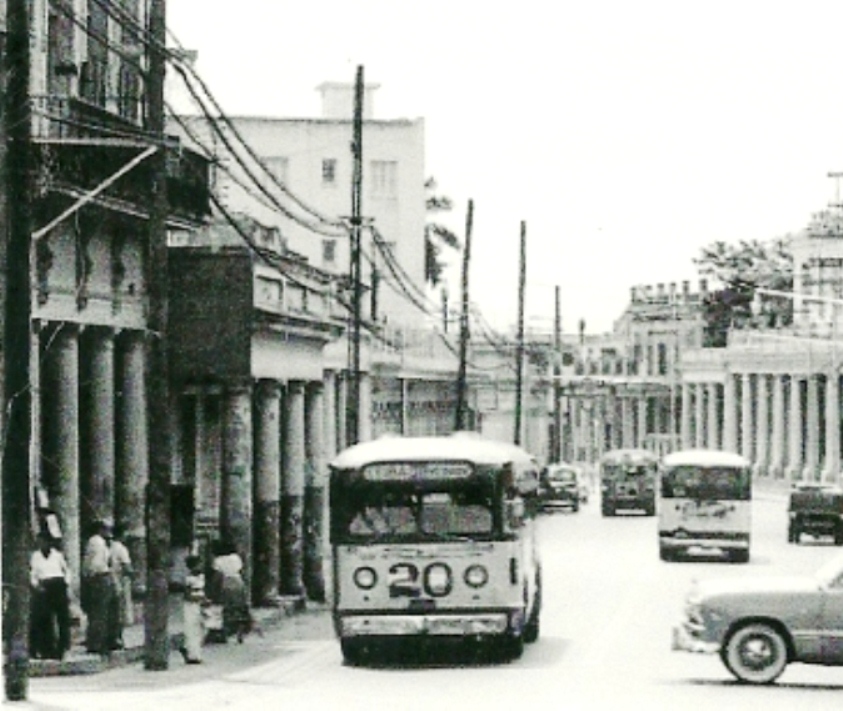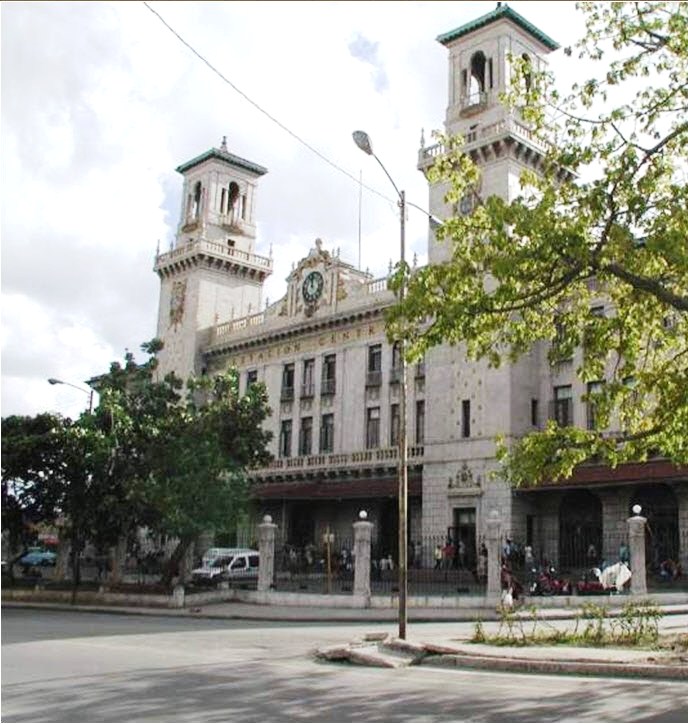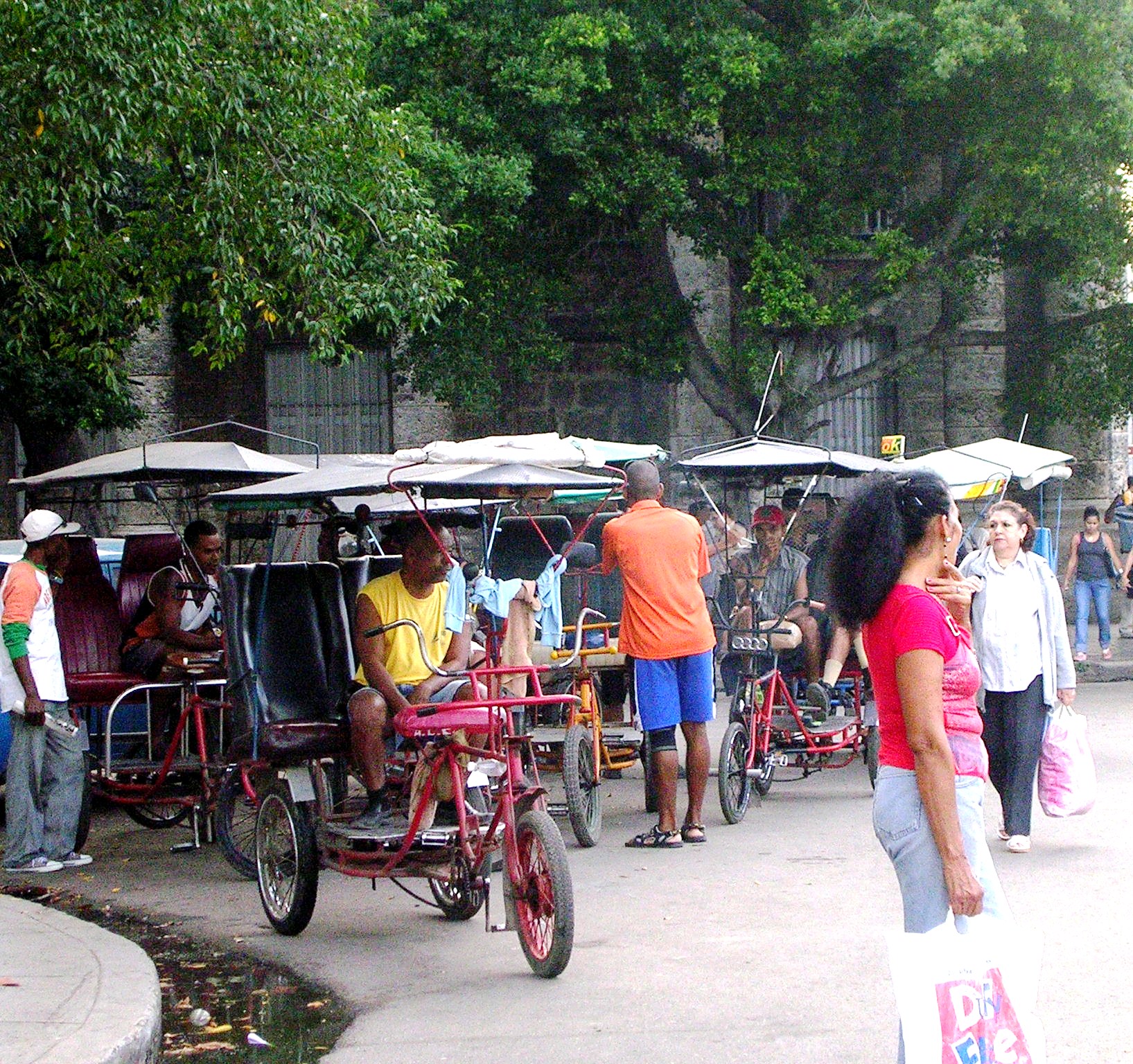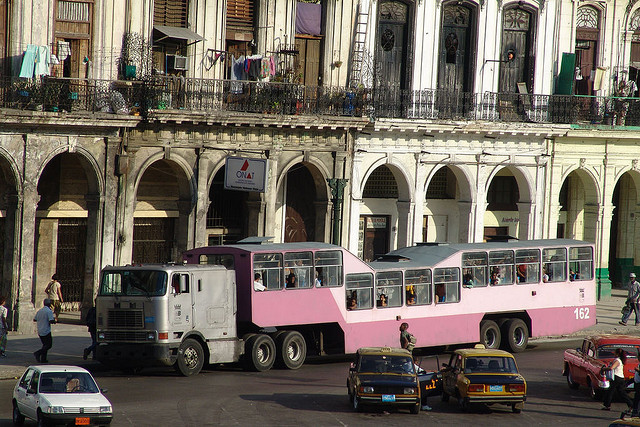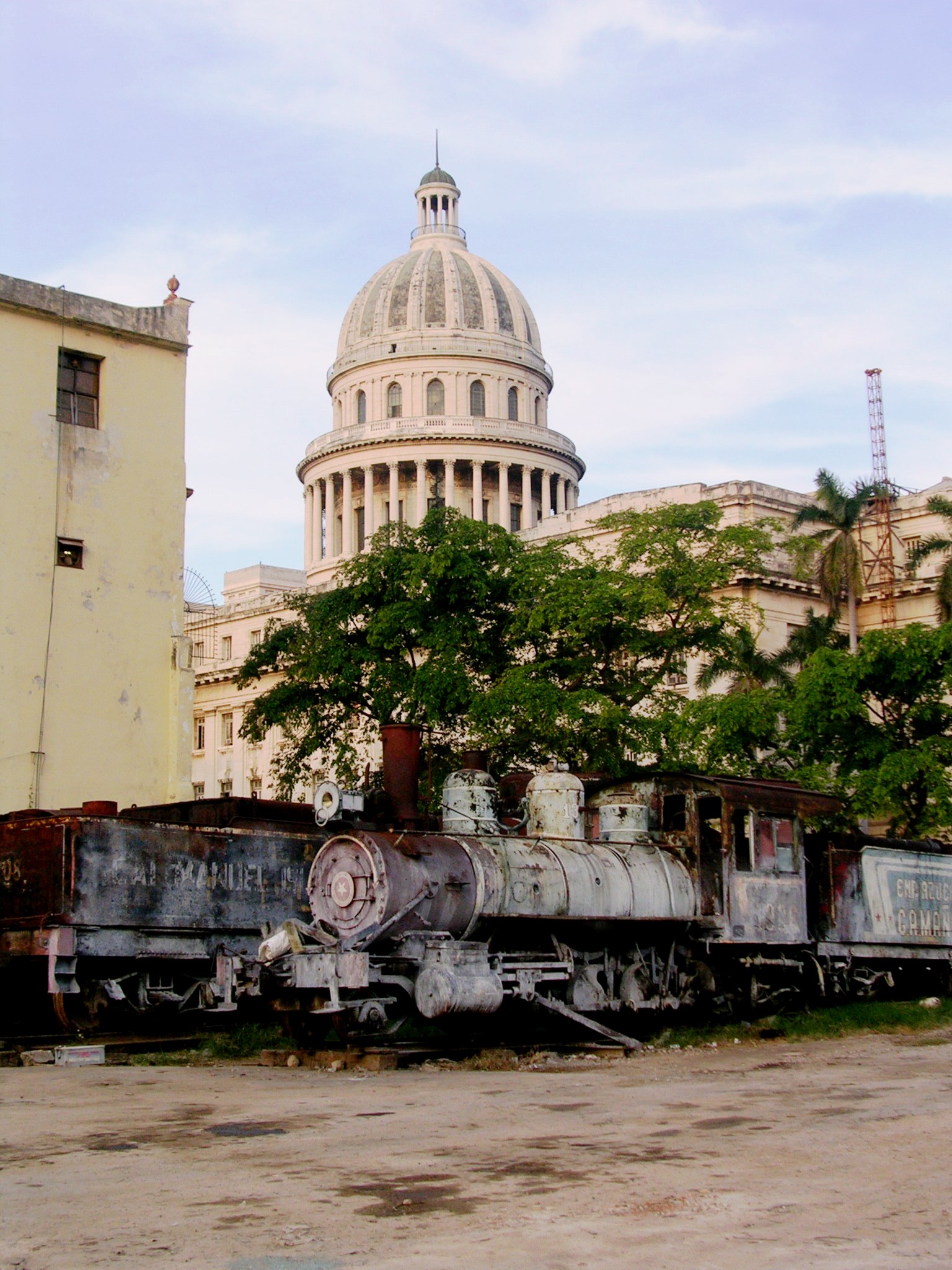El secretario ejecutivo de la Comisión Intergubernamental Ruso-Cubana de Comercio, Oleg Kucheriáviy, lamentó el “silencio” y “dilación” de las autoridades de la Isla.
14ymedio, La Habana | Diciembre 29, 2020
Original Article: RUSIA SUSPENDE

Rusia ha suspendido el proyecto de modernización de los ferrocarriles cubanos “debido a las dificultades económicas y las restricciones de cuarentena en la Isla”, según informó al diario Gudok el director de la empresa estatal de ferrocarriles del país euroasiático (RZD), Serguéi Pávlov.
“Lamentablemente, hemos tenido que suspender nuestro proyecto de modernización integral de la infraestructura ferroviaria cubana debido a las dificultades económicas y las restricciones de cuarentena en la Isla, pero esperamos reanudar las obras después de que la situación se haya estabilizado”, apuntó Gudok.
En octubre de 2019, RZD firmó con la Unión de Ferrocarriles de Cuba un convenio para modernizar toda la estructura ferroviaria cubana, que ha sufrido un profundo deterioro en las últimas décadas. Según el acuerdo, Rusia financiaba completamente el proyecto, valorado en 2.314 millones de dólares.
En los planes iniciales estaban el diseño, la reparación y la modernización de más de 1.000 kilómetros de la infraestructura ferroviaria
En los planes iniciales estaban el diseño, la reparación y la modernización de más de 1.000 kilómetros de la infraestructura ferroviaria con materiales, tecnologías y equipos de producción rusa. También la creación de un centro único de control de circulación de trenes y la formación, en centros educativos rusos, de personal de la Isla.
La noticia llega menos de una semana después de que el ministro de Transportes de Cuba, Eduardo Rodríguez, el embajador de Rusia en La Habana, Andrei Guskov, y el representante comercial ruso en la Isla, Alexander Bogatyr, recibieran en La Habana siete locomotoras, en medio de fuertes dudas sobre el futuro de la cooperación entre los viejos aliados.
“La llegada de estas locomotoras a Cuba coloca al ferrocarril en una mejor posición para enfrentar los retos de transporte del próximo año; vemos a este proyecto, que se ha desarrollado como parte de los acuerdos de la Comisión Intergubernamental Cuba-Rusia con la compañía rusa Sinara, como ejemplar”, dijo entonces Rodríguez a la agencia rusa Sputnik.
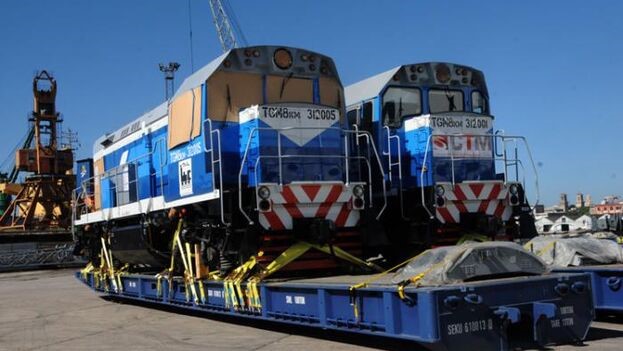
Los funcionarios presentes en el acto de recibimiento de los equipos se esforzaron en declarar que la cooperación seguía adelante aunque “los efectos del covid y de esta crisis derivada de la pandemia nos han obligado a extender los plazos y a reorganizar los proyectos, pero la voluntad y continuidad de estos proyectos se mantienen vigentes y continuaremos en 2021 trabajando en esa dirección”, remarcó Rodríguez.
El mensaje apoyado por Bogatyr, que lamentó que fuera “la única entrega de locomotoras este año, pero estamos seguros de que el año próximo será más fructífero (…) así que los planes de colaboración son importantes en la esfera de los ferrocarriles, no solamente con Sinara, sino con otras importantes empresas rusas que tienen proyectos y esperan continuar desarrollándolos”.
Ninguno de los dos hizo alusión a las palabras del secretario ejecutivo de la Comisión Intergubernamental Ruso-Cubana de Comercio, Cooperación Económica, Científica y Técnica, Oleg Kucheriáviy, que unos días antes dejaban entrever una cancelación masiva de inversiones en Cuba por incumplimientos por parte de La Habana.
El funcionario detalló a la prensa rusa que, de los 60 proyectos conjuntos, apenas diez estaban llevándose a cabo
El funcionario detalló a la prensa rusa que, de los 60 proyectos conjuntos, apenas diez estaban llevándose a cabo y señaló en una reunión de la Comisión de Asuntos Internacionales del Senado que la última sesión de la comisión intergubernamental, que debía celebrarse en la Isla, fue cancelada por “silencio” y “dilación” de las autoridades cubanas.
Yuri I. Borisov, viceprimer ministro de Rusia y encargado desde 2018 de las relaciones económicas con Cuba ya dijo aquel año a la televisión de su país, tras un viaje a la Isla, que los funcionarios cubanos no tenían interés en poner dinero para las inversiones necesarias y que en las negociaciones imperaba una mentalidad de la Guerra Fría que en la Rusia postsoviética ya no tiene lugar.
“Son negociantes complicados, no lo voy a esconder, la mentalidad del pasado pesa sobre ellos constantemente. Durante las negociaciones, en las posiciones que llevan, siempre aparece que somos un puesto de avanzada de la revolución mundial y simplemente nos tienen que ayudar”, señaló.
La pausa en el acuerdo llega en un mal momento para el transporte de pasajeros y cargas en la Isla, muy afectado por la obsolescencia tecnológica y los problemas de infraestructura. El total de locomotoras que tenía previsto suministrar Rusia en el marco del acuerdo era de 75, de las cuales ya han llegado 60. Según el ministro de Transportes, muchas de ellas ya “participan en los principales tráficos de transportes del ferrocarril en Cuba”.

